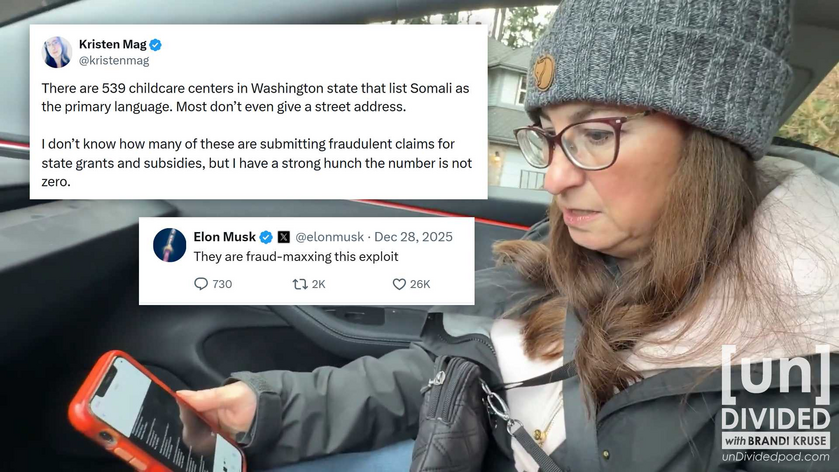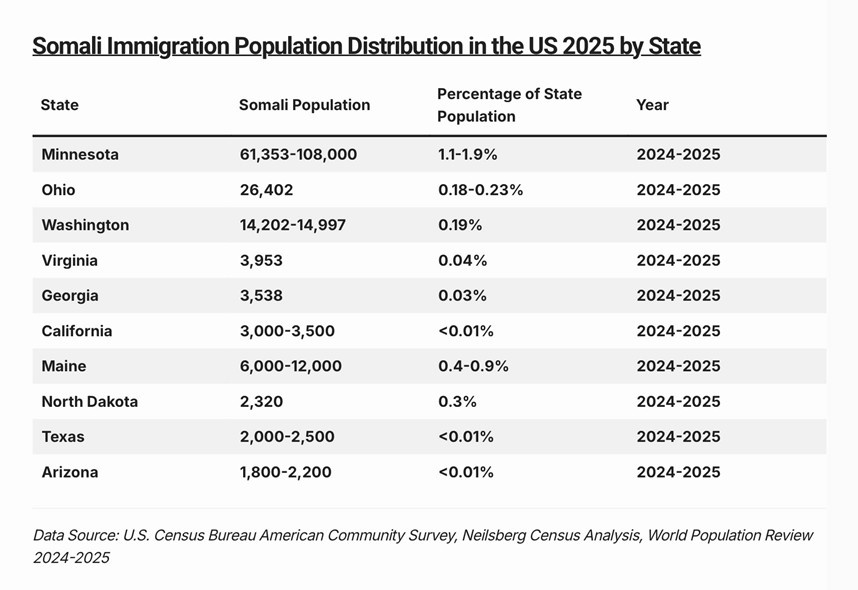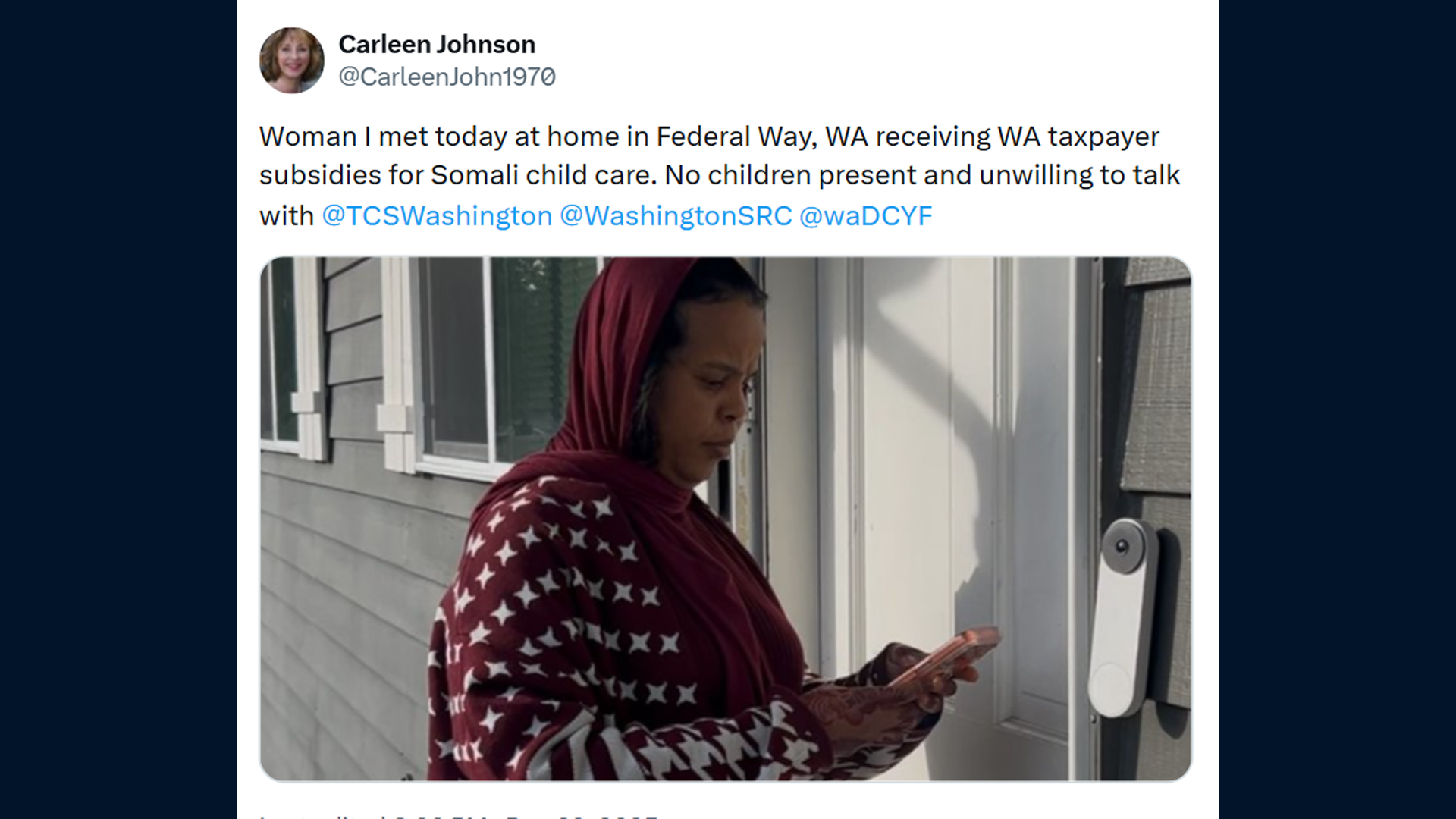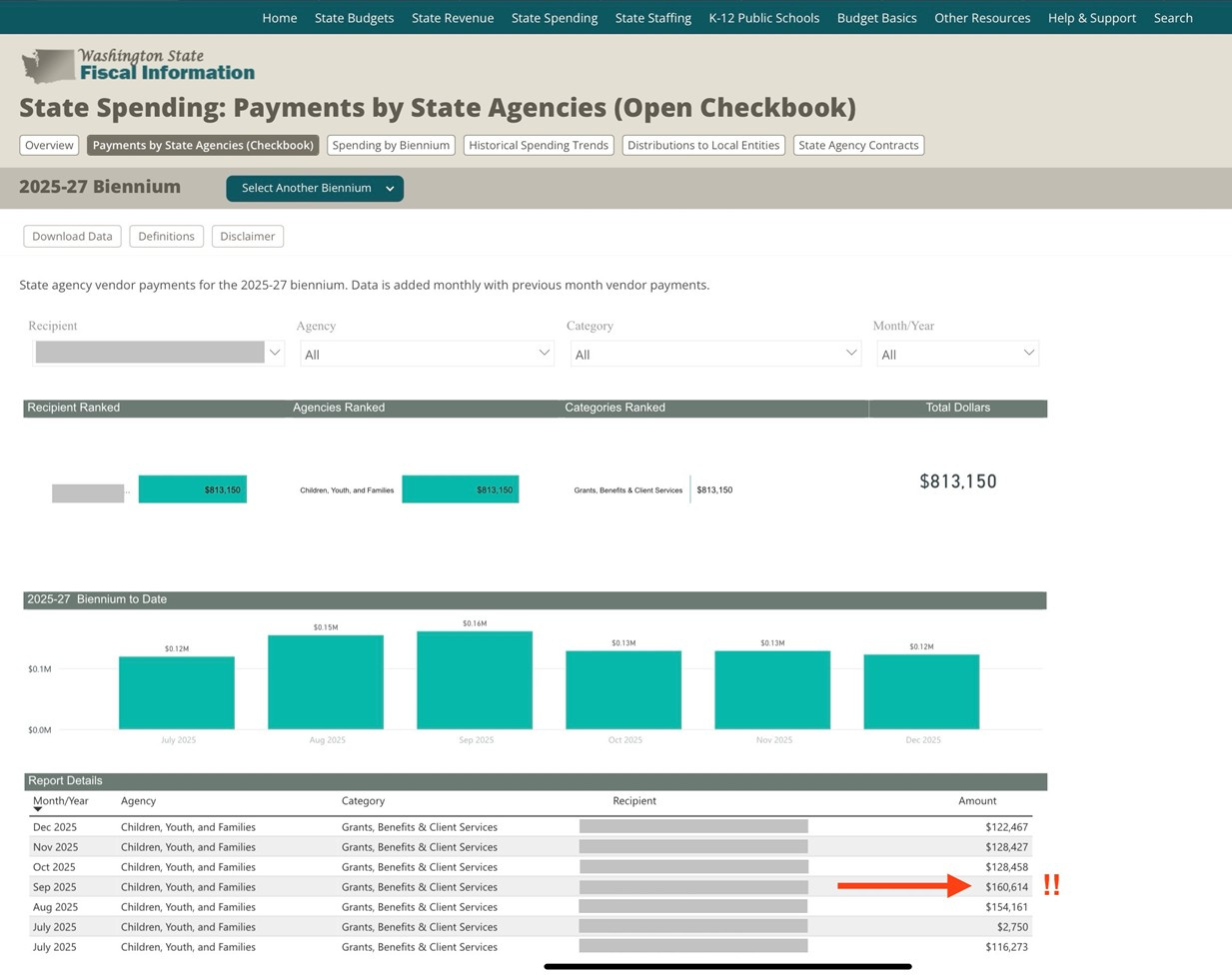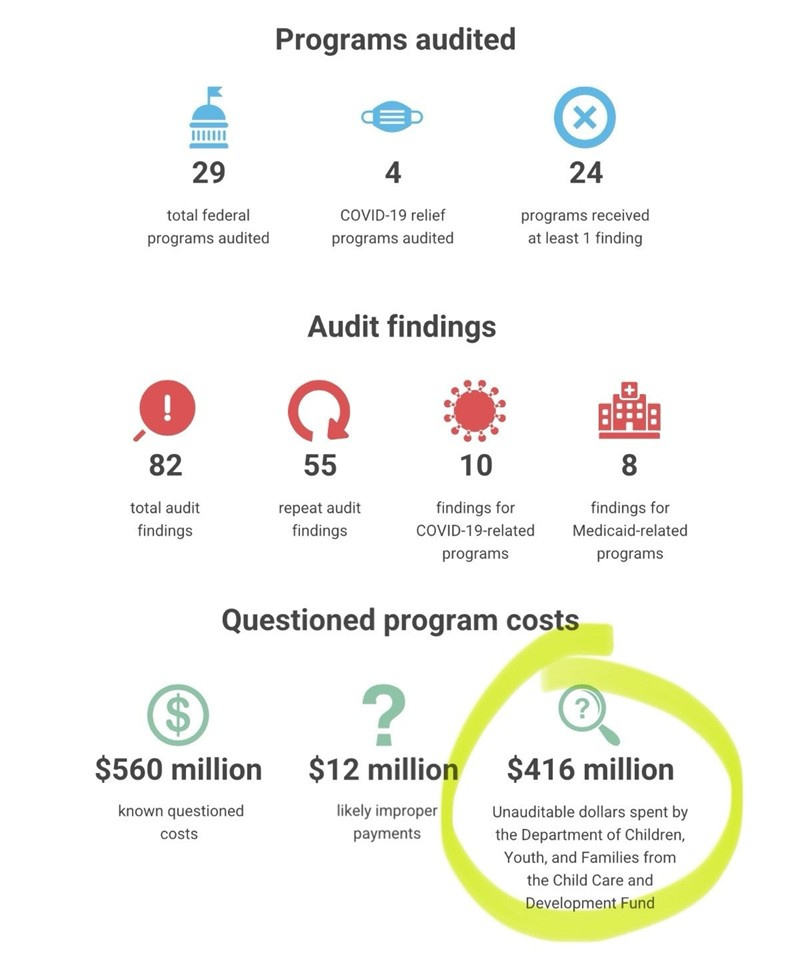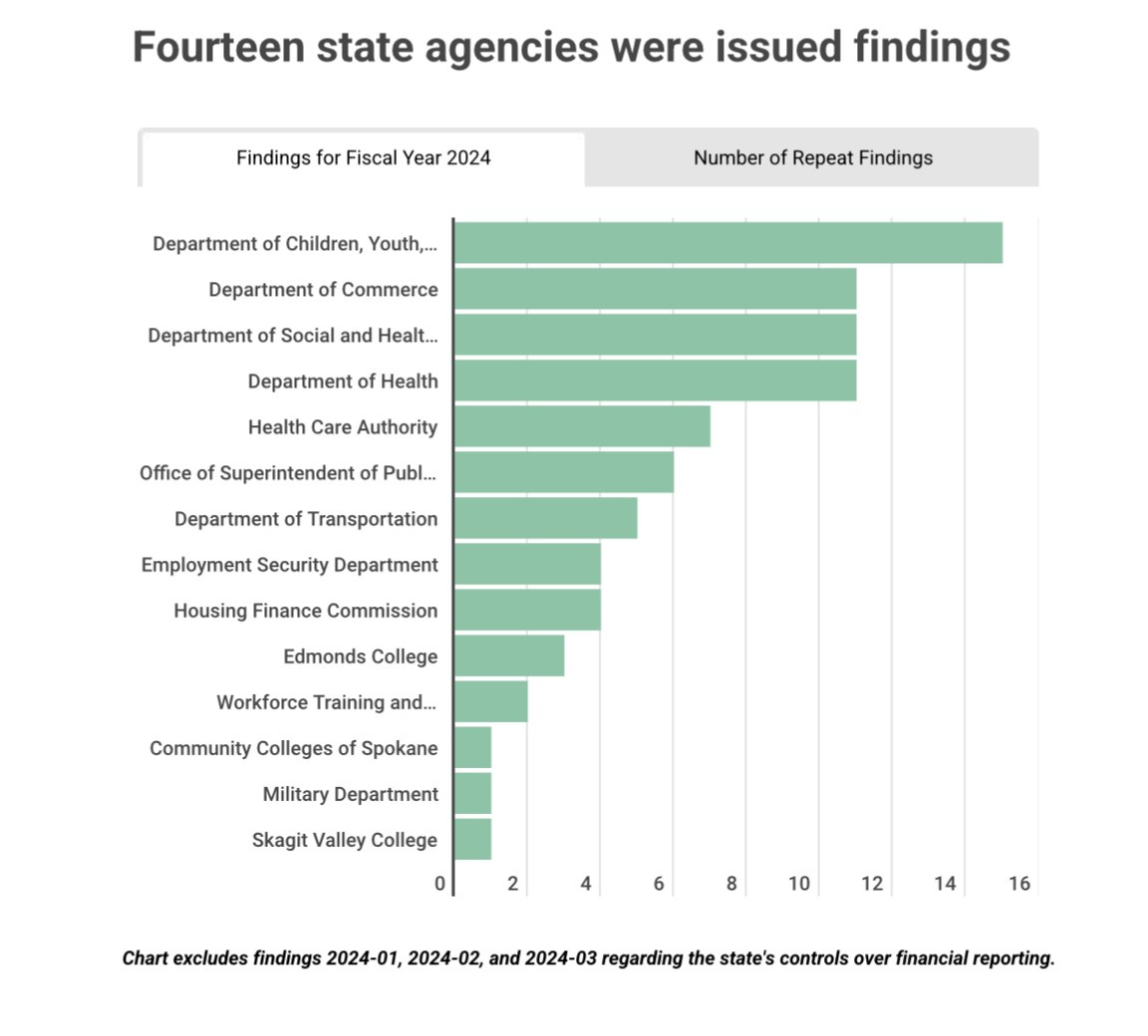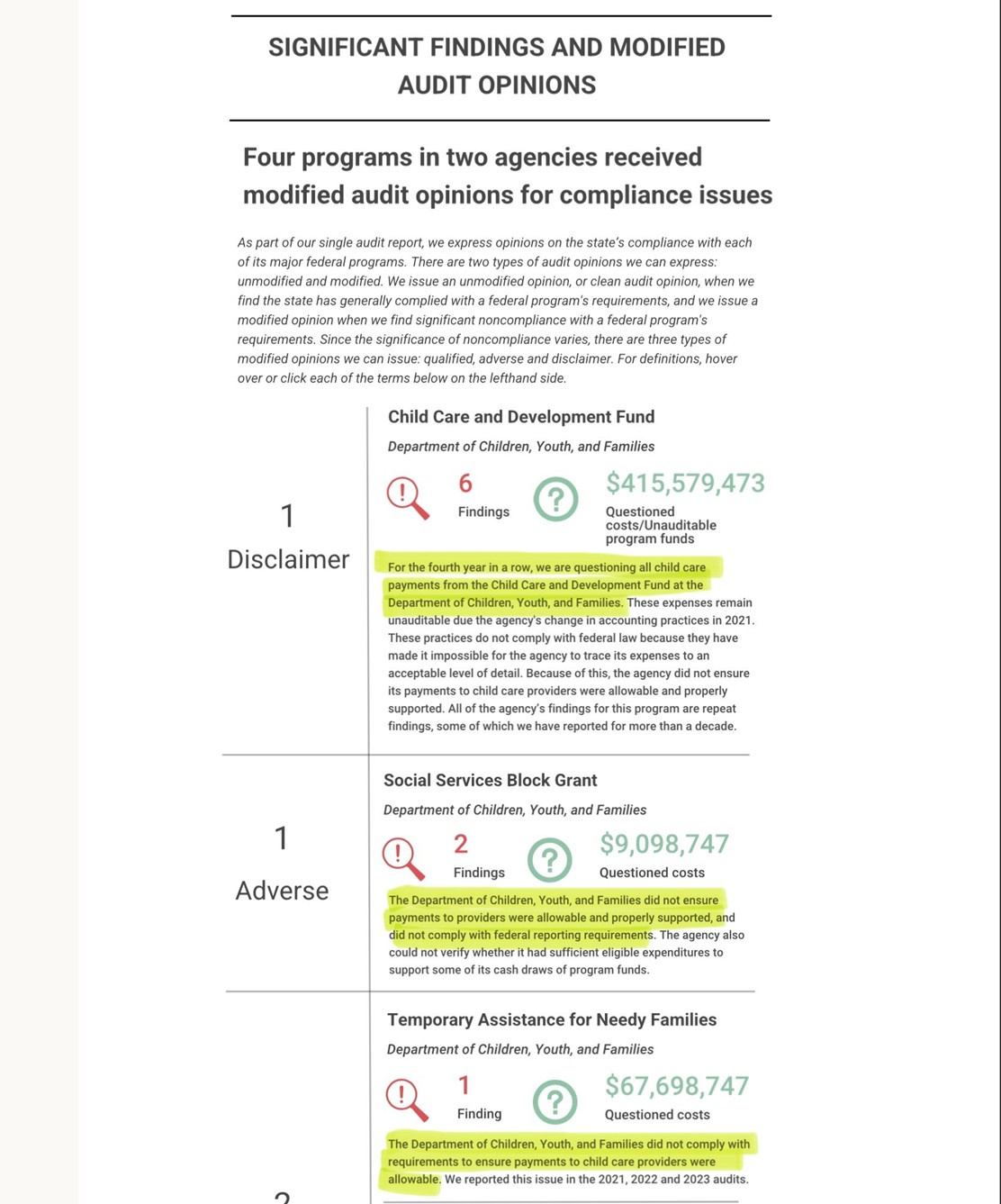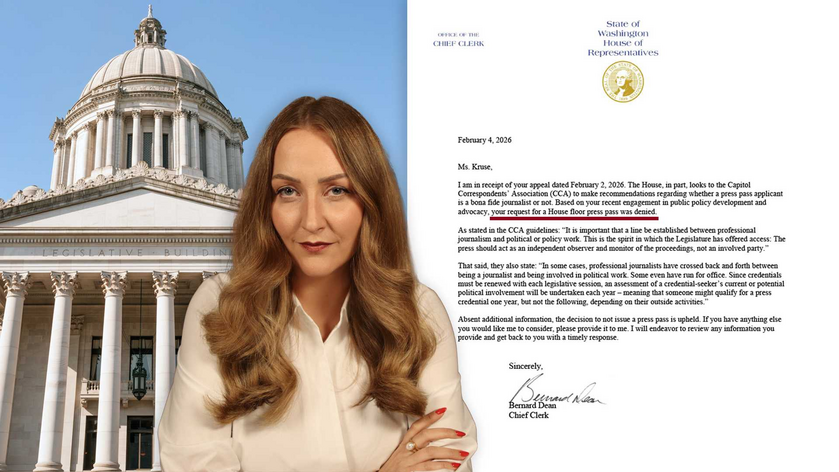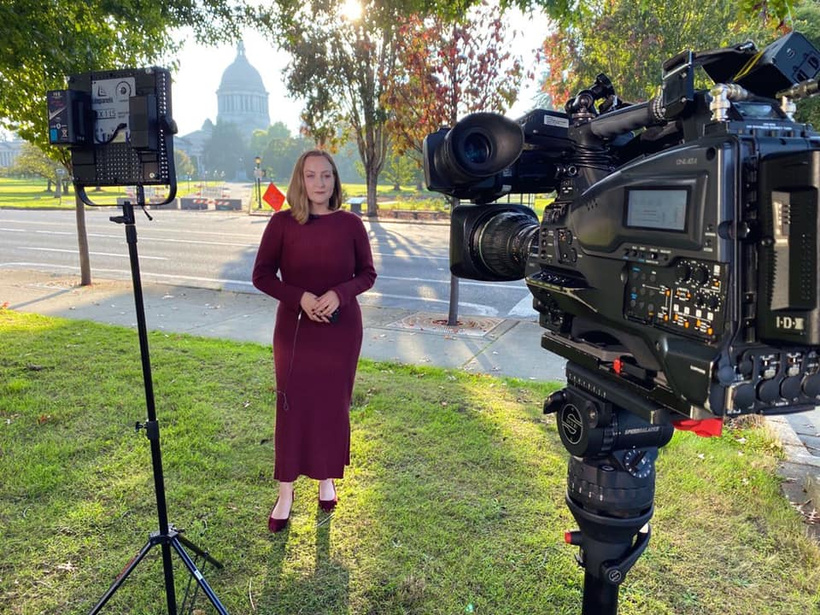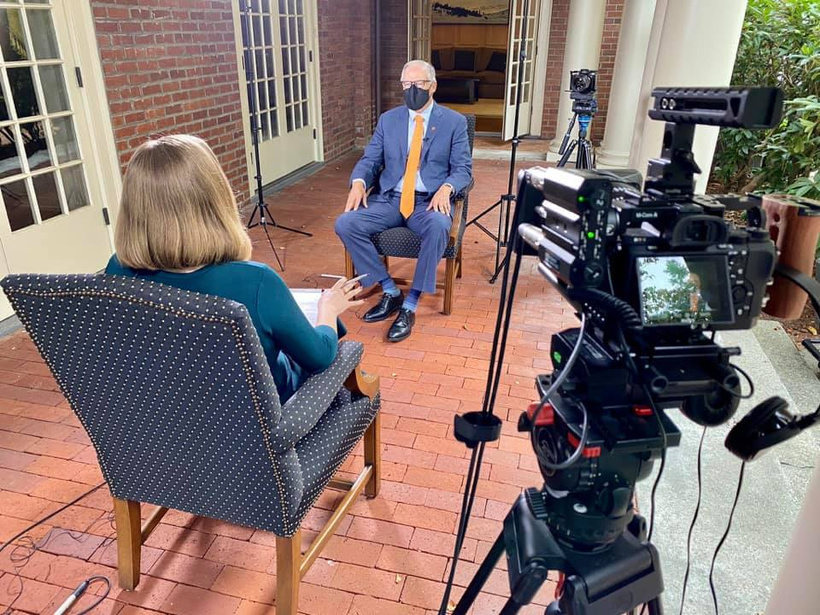When I quit my job at Seattle’s FOX affiliate three years ago, frustrated with new management and disillusioned with the state of the profession, my hope was always that legacy media could find its way back from the brink – and that I might make my way back to it someday.
In the last few months, I’ve come to the realization that old media may be too far gone to save.

Throughout the 2024 election cycle, unDivided covered numerous efforts from the Washington State Democratic Party and its allies to undermine and outright attack the democratic process. Many of these actions were carried out in the light of day, with little to no coverage from mainstream outlets. At the same time, Democrats and their friends in the press worked overtime to convince voters that the party out of power was the real “threat to democracy.”
As I reflect on the results of the election, which further solidified one-party control of state government, I am convinced that our state will remain on its current downward trajectory until local media either sheds its obedience to the party in control – or is rendered obsolete.
What might bring about such a change is unclear. Certainly, Washingtonians who are disappointed with the Fourth Estate should say as much. On social media, in letters to editors, in emails or phone calls to news stations. But ultimately, money is the driver of all decisions in corporate media. Ratings drive advertising buys. Subscriptions drive hiring and firing. Clicks add up to cash.
The solution? Demand changes or consider unplugging from the machine entirely.
For example, The Seattle Times has no conservative columnists. Not one. While Seattle is certainly a blue city, 22% of King County voters cast their ballots for Donald Trump. 28% for Dave Reichert. Not to mention Seattle has a Republican city attorney. Does that not warrant at least one member of the editorial board who is a supporter of the president-elect, or at the very least a true conservative? Should the board not have a single member, or the paper a single columnist, who strongly dissents from the prevailing political view? How can the newspaper of record hold the party in power accountable if every single one of them belong to it?
Certainly, The Times is not the only news agency in the state that’s forgotten what its function is supposed to be. As Bob Ferguson spewed falsehood after falsehood in TV ads this cycle, news stations were more than happy to take his campaign cash – and less eager to demand truthfulness.
Our founding fathers, who understood the importance of press freedom, would be rolling in their graves.
Just so we're all on the same page about how bad things got this cycle, here are 10 ways Democrats undermined democracy during the 2024 election – and got away with it.
10: Sanctioned harassment of lawful signature gatherers

As it became clear in late 2023 that Let's Go Washington could indeed qualify six initiatives to the legislature, the Washington State Democratic Party – along with the ACLU and progressive group FUSE Washington – encouraged harassment of lawful signature gatherers. An established tipline asked callers to provide the "location, time of day, and description of the circulator." It even recommended callers take pictures.
In the weeks that followed, signature gatherers were routinely subjected to harassment and even criminal conduct.
The ordeal prompted Republican lawmakers to craft a bill that would have implemented new protections for signature gatherers, which I personally testified in favor of. Unsurprisingly, the bill failed to gain traction with Democrats in the majority and received little attention in the news.
While a few media reports detailed the harassment hotline, journalists lacked the sort of rigorous questioning and follow up reporting that would have helped put an end to it. Instead, stories took a "both sides" approach that gave perpetrators a platform to paint their motives as righteous and necessary.
9: Secret lawsuit to keep initiatives off the ballot
Panic ensued in early August when initiative supporters learned that the State Supreme Court was about to decide on a Democrat-backed lawsuit that would have kept citizen initiatives off November's ballot.
Attorney General Bob Ferguson's office, which was tasked with defending the initiatives and the way in which signatures were validated by the Secretary of State, had inexplicably kept Let's Go Washington – and the public – in the dark about the hearing.
Thankfully, the state's high court rejected the initiative challenge. But legal experts were left stunned by the secrecy.
“In 22 years of legal practice, I’ve never seen a case progress this far without all necessary parties being before the court or at least being given the courtesy of a phone call about litigation as important as this," said Jackon Maynard of the Citizen Action Defense Fund. "Participation in the initiative process is a fundamental right, and the idea that the state Supreme Court with the stroke of a pen could’ve eliminated the voices of the millions who signed the petitions in this case without even hearing from all impacted parties is really troubling.”
AG Ferguson has never provided – or been pressed by the media to provide – an adequate answer about his lack of transparency. If you expect his opaque ways to improve in the governor’s mansion, don’t hold your breath. He’s become quite accustomed to the press looking the other way.
8: Energy credit bribe
In truth, we could do an entire list just covering the lies Governor Jay Inslee spewed about the Climate Commitment Act – from lying about the impact it would have on gas prices, to lying about the impact of repealing it.
But the most egregious action Governor Inslee took was trying to influence the outcome of the November election by bribing voters … with their own money.

This past legislative session, with a potential repeal of the CCA on the horizon, Democrats in Olympia allotted millions in funds to give energy customers $200 credits. They didn’t even attempt to hide their motives – requiring that the credits be paid out to customers (AKA voters) right before the election. To make things even more obvious, customers receiving the credit were bombarded with emails reminding them that the credits were funded via the Climate Commitment Act.
Governor Inslee shamelessly suggested that proponents of repealing the CCA wanted to take that $200 out of the pocket of Washington’s working poor. Never mind that the CCA is costing the working poor far more than $200 a year in increased prices at the pump and increased energy costs.
Media coverage of what was an obvious bribe meant to influence voters was egregious. One article read like a press release from the State Department of Commerce. It was so bad that MyNorthwest.com was forced to issue an editor's note and add additional information after so many readers (and us) raised hell.
7: Selective transparency
The single biggest factor in the defeat of three citizen initiatives in November was a law passed by Democrats that had one obvious objective: Made it harder for anti-tax measures to be successful.
In 2022, Democrats in Olympia passed HB 1876. It requires that a "public investment impact disclosure appear on the ballot as part of the ballot title for state ballot measures that affect taxes or fees and cause a net change in state revenue."
Most media reports covered the bill as a simple effort to increase transparency on the ballot and provide important context to voters about what would happen if they repeal certain revenue streams.
Sounds innocent enough. But, as we know, political parties don't pass anything without an electoral upside.
With strong Democratic majorities in the House and Senate, and Democratic control of the governor's office, referendums and initiatives are the last remaining tool of those who dissent from the party in power.
So, it's no surprise Democrats would try to weaken it.
While the public investment disclosures may have added context to the ballot, that context was one-sided. For example, the ballot language for I-2117 to repeal the Climate Commitment Act read as follows:
Initiative Measure No. 2117 concerns carbon tax credit trading. This measure would prohibit state agencies from imposing any type of carbon tax credit trading, and repeal legislation establishing a cap and invest program to reduce greenhouse gas emissions. This measure would decrease funding for investments in transportation, clean air, renewable energy, conservation, and emissions-reduction. Should this measure be enacted into law?
So, voters were told what kind of funding would be lost by repealing the carbon markets, but were never told how much money they would keep in their own pockets. The same is true with the initiative to make the long-term care program optional.
If the goal was truly to increase transparency for voters, then disclosures would include the average cost savings for Washington families. But, of course, the goal wasn't transparency – the goal was always to tip the scales.
6: Harassment of capital gains opposition
Apparently, it wasn't enough to simply harass signature gatherers. Progressive groups that opposed the initiatives wanted to take their fight to people's doorsteps – literally.
Vijay Boyapati, a former Google engineer and tech entrepreneur who led a relatively private life before speaking out in favor of repealing the capital gains tax, found out the hard way what happens when you go against the party in power.

Posters were plastered all over Boyapati's Seattle neighborhood where he lives with his wife and young children.
They read: "Vijay Boyapati is pushing for a tax break for himself that will gut funding for schools. That's just greedy."
Never mind that schools were required by law to be fully funded long before the capital gains tax was passed.
The message to Boyapati and others who oppose lucrative taxes was clear: Fall in line, or we'll make you feel unsafe.
5. Public schools chief ignores the law
In March, the legislature passed a voter initiative into law that codifies parental rights. While Democrats certainly had a strategy in mind when passing the measure (likely out of fear it would drive conservative turnout if they let it go to the ballot), I-2081 became law and promised to keep parents informed about what's happening with their kids in school.
Unless it has to do with their gender identity, apparently.
A couple months after I-2081 was passed, Superintendent of Public Instruction Chris Reykdal announced he planned to ignore it.
Despite hundreds of thousands of Washingtonians signing the initiative, and a bipartisan vote to pass it, Reykdal decided that he alone would be the arbitrator of its constitutionality.

Specifically, Reykdal claimed that letting parents know their child may be experiencing gender dysphoria would be a violation of the Federal Education Rights and Privacy Act.
“In Washington state, we recognize that LGBTQ+ youth often face barriers and challenges at higher rates than their peers, and we have worked hard to create learning environments where all students feel welcomed and included,” Reykdal said. “However, we are seeing a disturbing trend of some policymakers implementing state and local policies that aim to undo these protections.”
We also see a disturbing trend of elected officials undermining the will of voters and, in Reykdal's case, getting key endorsements from the media anyway.
4: Attempts to keep Trump and RFK Jr. off the ballot
Even in a deep blue state like Washington, Democrats don't take anything for granted.
Not only did they seek to keep Donald Trump off the ballot here (twice), but the state party also pushed to keep Robert F. Kennedy Jr. off the ballot. And that was even before he threw his support behind Donald Trump.
Apparently, the only acceptable opponent for the Washington State Democratic Party is no opponent.
Yay, democracy!
3: 30-day voter registration

Just prior to the primary election, Washington state abolished its requirement that voters establish residency here for 30 days before becoming eligible to cast a ballot.
The story got little traction outside of conservative media.
The change, which voids language in our state constitution that's been in place since 1889, was implemented by Secretary of State Steve Hobbs and Attorney General Bob Ferguson to settle a lawsuit challenging the validity of the 30-day provision.
Hobbs' office said the agreement "saved the state a costly and likely losing court fight."
Kittitas County Auditor Bryan Elliot was among those who expressed concern about the sudden change in the midst of a critical election year.
"Our offices are agile," he said, "but this action has the potential to create further mistrust of the voter registration system, especially when state law and the state constitution both still contain language that is contrary to the consent decree."
2: Inslee pledges to sue “miscreants”

Despite millions of dollars spent to defeat it, Washington voters passed I-2066, which protects natural gas for homes and businesses.
Rather than accept the will of voters, Governor Jay Inslee promptly promised that there would be a lawsuit to challenge the initiative's constitutionality.
“I think there is a very good chance that a court will find that it was defective by violating the single subject rule and therefore will not actually go into effect,” he said.
And just to make sure voters who dared to challenge his climate agenda know exactly how he feels about them, Inslee flew across the planet to tell a United Nations climate forum that half his constituents are "climate deniers" and "miscreants."
1: Bob Ferguson directs SOS to break the law

The most corrupt act of the 2024 election cycle came from our governor-elect, Bob Ferguson. It was also the act that made clear there was little Ferguson could do to elicit criticism from the press.
When citizen sleuth Glen Morgan recruited two other Bob Fergusons to run for governor, threatening to dilute AG Ferguson's share of the vote, the "real" Fergie showed his true colors.
In a press conference, and in a subsequent phone call and letter, Ferguson directed Secretary of State Steve Hobbs to break election law by changing the order on the primary ballot. He wanted his name to appear above the other Bobs.
Had a Republican candidate for governor done the same, no doubt the media would still be talking about it. But when the perpetrator is Ferguson? The story disappeared in a matter of days.
If you can publicly call on fellow elected officials to break the law to benefit your political campaign and still win by double digits, what motivation is there to act with integrity?
The answer: None. And that, ladies and gentlemen, is the problem.


